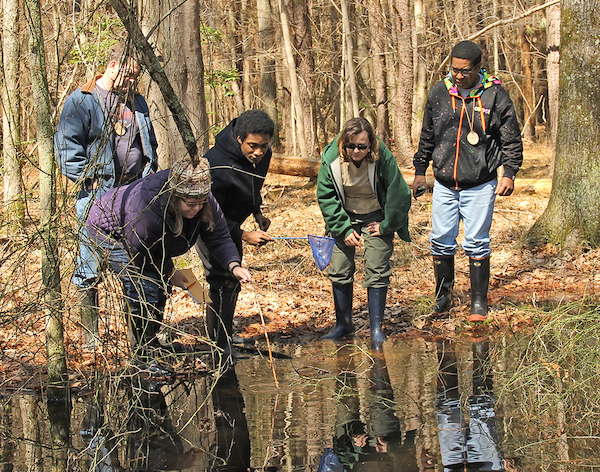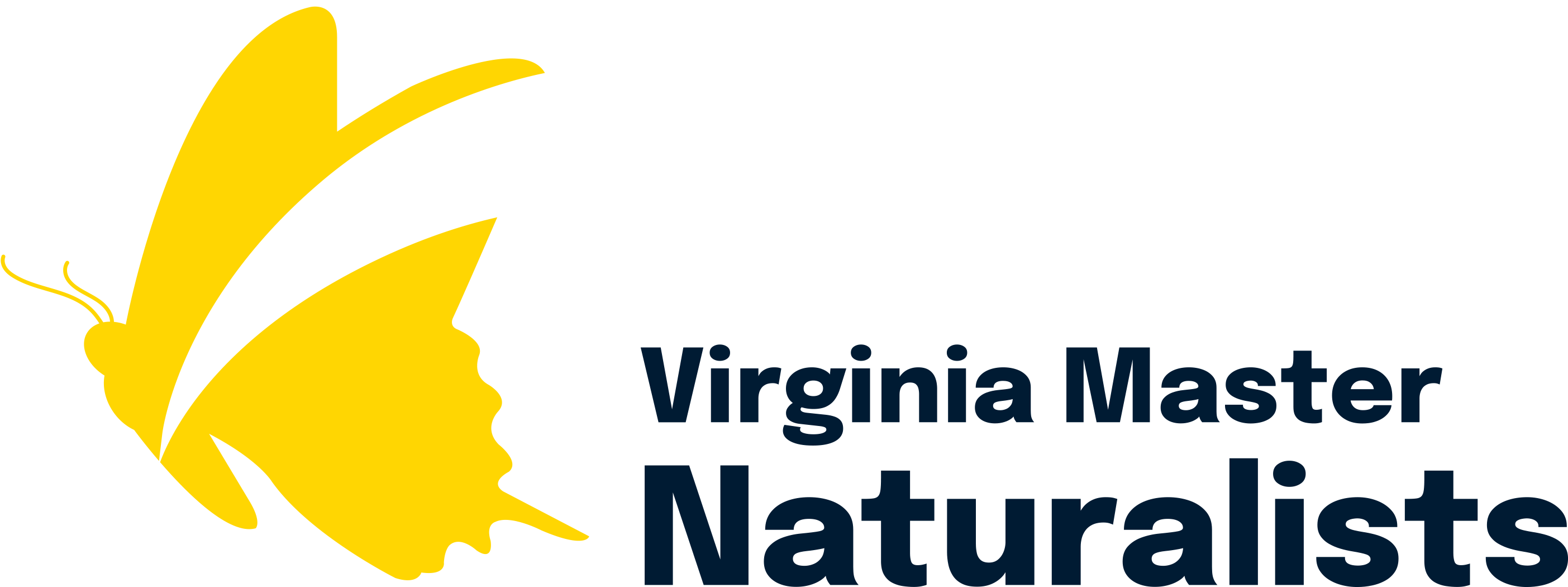The Virginia Master Naturalist program is for everyone who is curious about nature and who wants to be in a supportive group working together on natural resource conservation. We seek to build a diverse and inclusive volunteer corps that is accessible to all.
Apply to the Program Through a Chapter
Becoming a Virginia Master Naturalist volunteer starts with applying to join a basic training course with one of our local chapters. Most chapters offer training once a year and accept applications for several months beforehand.
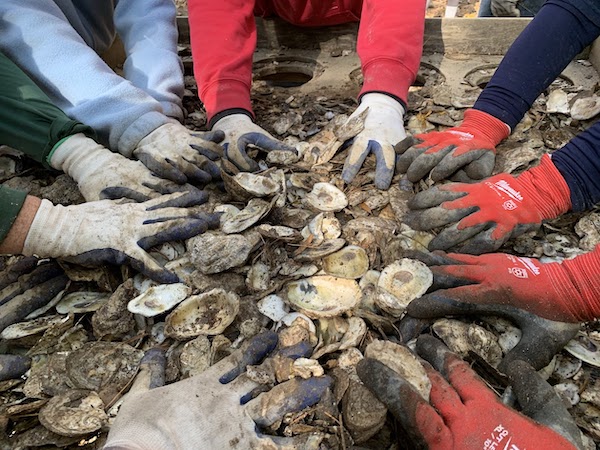
Complete the VMN Basic Training Course
The basic volunteer training course prepares participants for their service and fosters connections with people, places, and projects. No prior knowledge is required, only a desire to learn and volunteer. Engage your passions as you dive into a host of fascinating topics, including:
- Biology and identification of plants and animals
- Management and conservation of ecological systems such as forests and streams
- Teaching and interpretive skills
- Naturalist skills, such as observation and and data collection
Each course covers the background knowledge and skills that every naturalist volunteer needs to have. Each chapter tailors the course to fit its local environment and community so that you’ll connect with experts, natural places, and volunteer opportunities near you. Along with classroom time, every course includes outdoor field time to explore local natural areas, see natural resource management firsthand, and practice skills. Courses typically range from 40 to 60 hours of training. To graduate from basic training, you will complete assessments in the form of an open-book exam and a demonstration of your naturalist skills and readiness to become a full-fledged VMN volunteer.
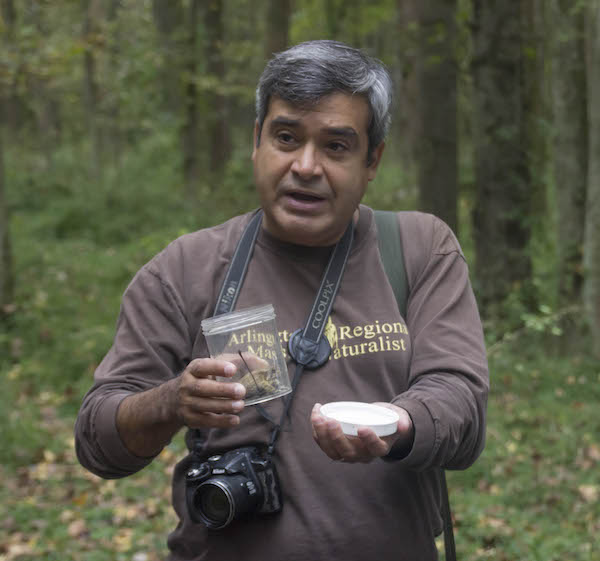
Impact Your Community
The basic volunteer training course prepares participants for their service and fosters connections with people, places, and projects. No prior knowledge is required, only a desire to learn and volunteer. Engage your passions as you dive into a host of fascinating topics, including:
- Biology and identification of plants and animals
- Management and conservation of ecological systems such as forests and streams
- Teaching and interpretive skills
- Naturalist skills, such as observation and and data collection
Each course covers the background knowledge and skills that every naturalist volunteer needs to have. Each chapter tailors the course to fit its local environment and community so that you’ll connect with experts, natural places, and volunteer opportunities near you. Along with classroom time, every course includes outdoor field time to explore local natural areas, see natural resource management firsthand, and practice skills. Courses typically range from 40 to 60 hours of training. To graduate from basic training, you will complete assessments in the form of an open-book exam and a demonstration of your naturalist skills and readiness to become a full-fledged VMN volunteer.
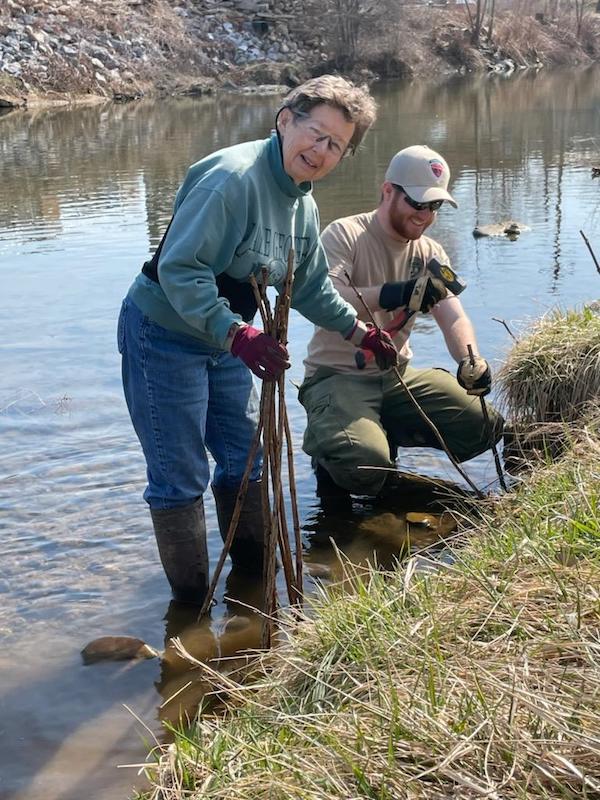
Continue Your Lifelong Learning
VMN volunteers are committed to continuing to learn and build new skills through continuing education. You’ll find a plethora of approved continuing education opportunities offered by the VMN State Office, your local chapter, and local partner organizations. Opportunities include webinars, workshops, presentations, conferences, and more.
